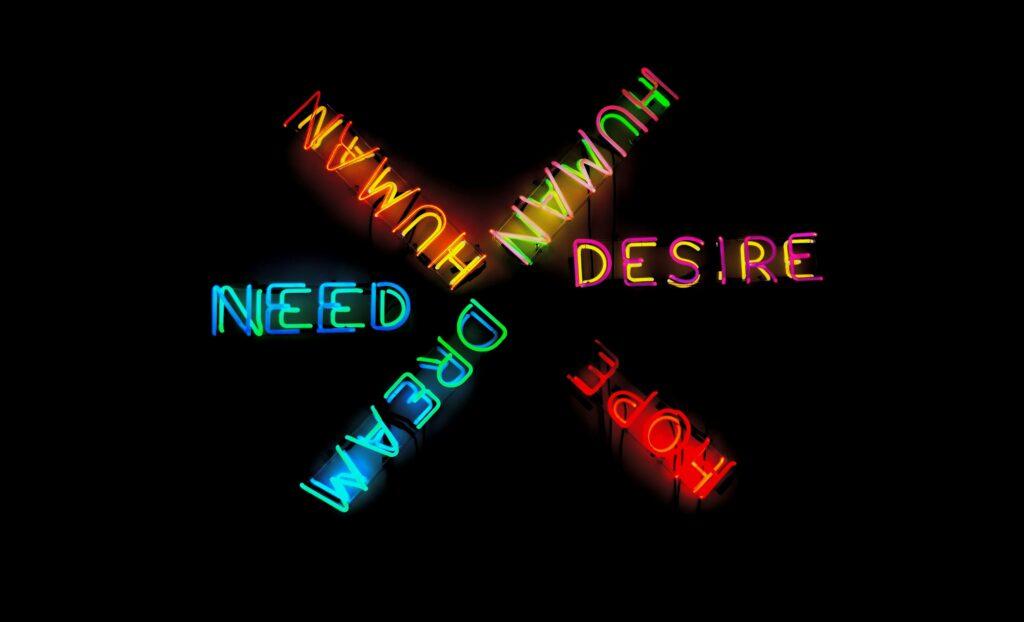
I will be off the grid for the next ten days. I am attending a 10 day Vipassanna meditation. That means no phones or outside contact. It’s not a retreat – the meditation takes place in silence, with entertainment, including reading or journalling not allowed.
The timetable is also strict. There is a 4am wake-up and set times for each day. So it’s certainly not a holiday experience.
A few friends have asked: how have I prepared for what will be a very intense experience?
As a side note, it’s funny that people no longer ask me why I would do something like this. I suppose I should accept it’s what people come to expect from me these days! But this isactually been something that I’ve wanted to do for about two years. I first read about it in a book by Yung Pueblo. He talked about the positive effect it had on his life – to the point he does much longer ones (there are ones that go on for 45 to 60 days).
In terms of preparation, the answer is that I’ve been pretty relaxed. From experience, I realise the danger of putting too much pressure ahead of time. If I start stressing about it before it’s even started, I’m only going to be at a weakened mental state by the time I get there.
There are some rules that they do provide ahead of time. For example, abstaining from drug taking before the event. For me, that’s not really been an issue anyway. During the meditation you are not allowed to smoke , so I could imagine that this could be difficult if you are addicted to cigarettes. But otherwise, there are no prerequisites. I imagine this is intentional.
Which I think delves into the deeper answer to the question. When facing something big, our real preparation comes from our whole life, not from cramming change into a few weeks ahead of time. Although I have not done one of these meditations before, I have attended other, emotionally and spiritually intense events.
I also feel intuitively that this will be something I’ll enjoy. This is because I’ve taken the time to build a better understanding about myself. Part of me craves a space where I can just sit in silence and examine life’s deeper questions, without getting distracted by life.
I made the joke to a friend that this is a bit of an autistic fantasy – I have a schedule and all I need to do is follow what I’m told. This is actually another thing I’ve craved. Since being on burnout, it’s been trickier to have a routine. But more fundamentally, I’ve had a very difficult time of knowing what I’m actually meant to be doing with my life. A lot of the last 12 months has felt like searching for purpose.
I also know that the detox of the internet and social media will do me an incredible amount of good. It’s a little crazy to think, but the most I’ve ever been disconnected from the online world over the last five years has probably been 48 hours.
I will see how I feel on the other side. But for the moment, my conclusion is that each day is a preparation for the next.
When we get too tactical, we can forget the bigger picture: the way we live our lives on a moment-to-moment basis is far more important than any last minute preparation.








